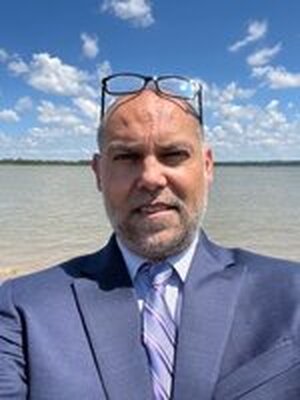
Robin (Rob) Kar is a Professor of Law and Philosophy and current Head of the Philosophy Department. His research interests range from ethics, meta-ethics, moral psychology, political philosophy, legal philosophy, decision theory (including game theory and evolutionary game theory), philosophy of economics, philosophy of language, and contract law and theory.
Some of his early work—e.g., The Deep Structure of Law and Morality—drew on evolutionary game theory to identify structural features of the moral psychological attitudes (which he calls “obligata”) that breath life into our moral and legal practices, allow us to resolve various problems of cooperation, and incline us to engage in complex forms of social life. He is interested not only in the evolutionary origins and stability conditions of those attitudes but also in the early prehistory and history of developments from moral communities into large-scale social structures with legal systems. Those investigations include questions about the relationships between morality and law and also meta-ethical questions about when perceptions of obligation might be real. He has also written on central questions in analytic jurisprudence.
Some of his more recent work, in Pseudo-Contract and Shared Meaning Analysis (Harvard Law Review, with Peggy Radin), has use linguistic resources from Grace to diagnose a major “paradigm slip” from an economic system and regime of contracting that once focused on cooperative uses of language to produce shared meaning and mutual understanding to a more recent regime of "pseudo-contract," where text is being delivered unilaterally in the form of boilerplate that is never read or understood, thus making many of our central concepts in contract law function differently than in prior ages and distorting the way modern markets work. He has also developed a theory of contract law, Contract as Empowerment, which suggests that--apart from this paradigm slip--most of the core tensions in contract law can be resolved by understanding this area of the law as seeking to promote a specific form of empowerment that is now increasingly under attack due to the paradigm slip.
As a scholar who works at the intersection of law and philosophy, has taught or regularly teaches courses in contact law, contract theory, theories of justice, normative ethics, and the philosophy of law. He has also taught seminars or courses on intellectual property, theories of intellectual property, the challenges of boilerplate, the law and policy of higher education, the evolution of marriage, and religious tolerance.